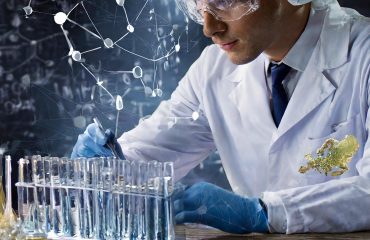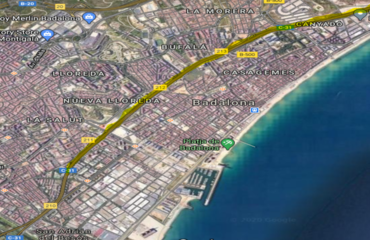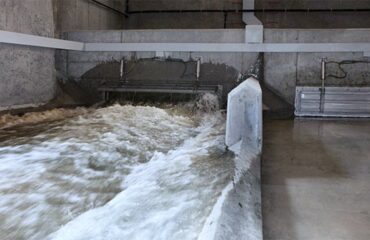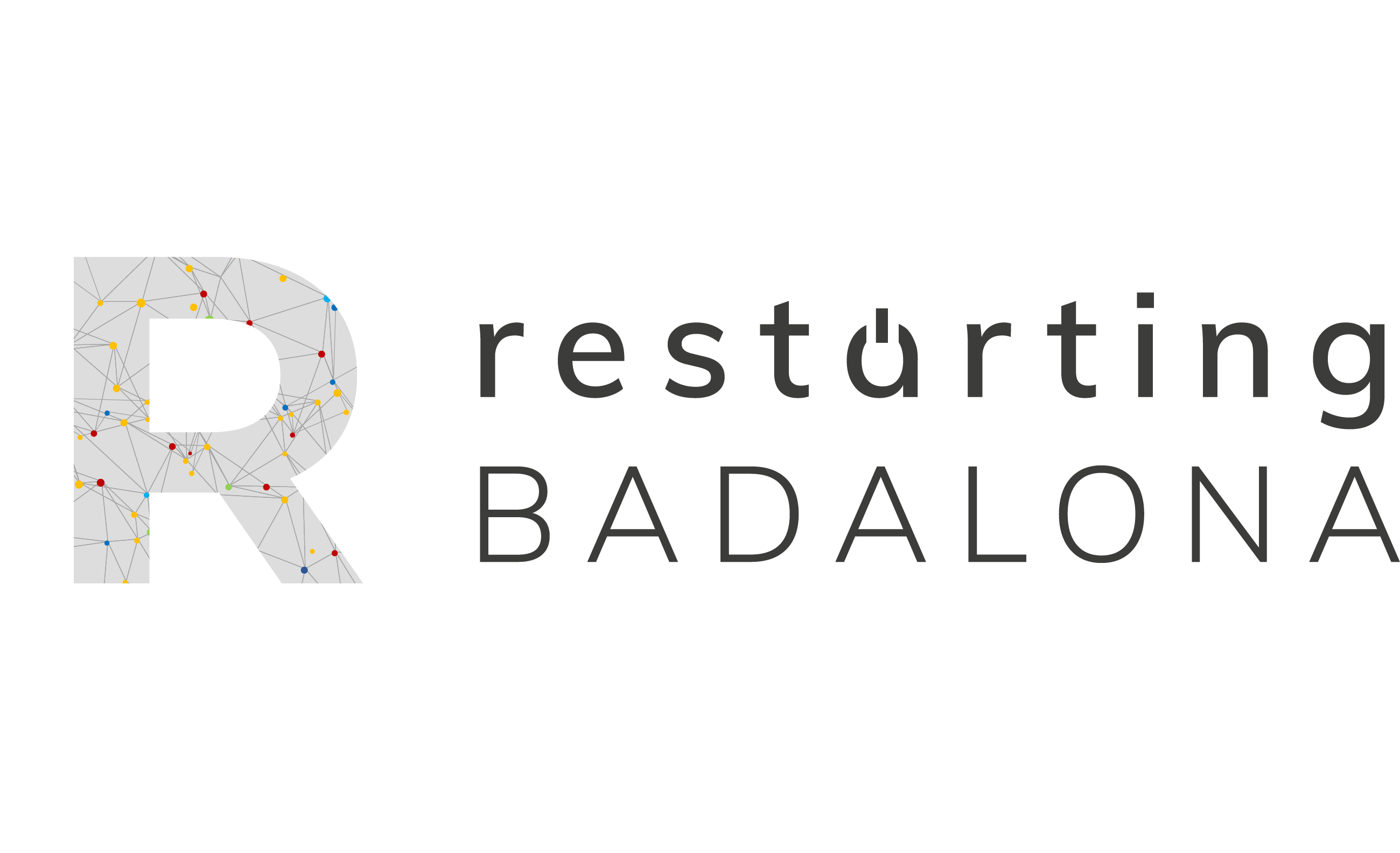
In a previous article we talked about the United Nations Sustainable Development Goals (Agenda 2030) and the Urban Agenda. We discussed how its location in Badalona can help to draw up sustainable local development policies that allow us to get out of the crisis and guide the future of the city towards responsible growth. Today we propose to begin to specify some first measures to give practical translation of the Global Agenda in our city and to work for recovery.
Suppose that, once the most critical stage of the pandemic is over and seeing the havoc it has wreaked among the most disadvantaged population, the city decides to focus recovery efforts around health, adopting as a priority to promote physical well-being and emotional life of people, as established by goal 3 of the 2030 Agenda: “Guarantee a healthy life and promote well-being for all people at all ages.” But also, and at the same time, to promote development around this Health Axis that generates opportunities for economic development, training and employment, as established by objective 8: “Promote sustained, inclusive and sustainable economic growth, employment full and productive and decent work for all ”.
The choice of the Health Hub as a catalyst for local development is not, indeed, random for Badalona, but there are several factors that support it. In addition to responding to the recent health crisis and adopting preventive measures for future risk situations, it would allow building on the most recent experience in the field of public health in the city. Indeed, in our city there are practices of excellence recognized by the institutions of the European Commission. Badalona received an award that accredits it as a reference city in terms of innovation in public health, for a model that places the citizen at the center of the socio-health continuum, especially in the field of active and healthy aging, serving a vulnerable population sector and increasingly important.
“The health sector is one of the possible development axes on which the future of Badalona can be built, although it is not the only one”
Badalona Servicios Asistenciales, with the support of the Germans Trias i Pujol Institute, among other research institutions, launched a comprehensive strategy to advance in this field according to a 4-Helix model, which means that it involves several agents linked to the health in this field: authorities, the medical and social health sector, academic knowledge institutions, civil society and private companies.
Finally, working in the Health Hub would help the city of Badalona to dimension the Can Ruti health research and innovation pole, an international benchmark in knowledge and innovation. Many cities adopt the Health Axis as a central line of work from various areas and with a focus on improving the well-being of the population, but not all cities have a concentration of research entities such as the Can Ruti campus. with all the potential it represents for the creation of knowledge, talent and innovation with an impact on the population.
The health research and innovation model that could link Badalona and Can Ruti is not new: other European cities have developed it, establishing collaboration ties with advantages for both parties. The case of Manchester, for example, has created a patient-centered medical-care model that generates a virtuous circle of research, innovation, entrepreneurship, training, employment and investment, with benefits for the host city. Sustainable growth, based on knowledge that promotes talent, and socio-economic benefits for citizens.
The deployment of a 2030 Strategy and an Urban Agenda for Badalona, taking into account the two objectives mentioned above on health and economic development, could guide a roadmap for the city. The health sector is one of the possible development axes on which the future can be built, but not the only one.
Another article by Restarting Badalona, published a month ago by Pau Calvet, explained the logic and suitability for Badalona of leading two other sectors and also turning them into axes of city development: the energy transition (objective number 7) and digitization ( objective 9 of the Spanish Urban Agenda); by the way, both priorities within the framework of European investment in the period 2021 to 2027. Perhaps we could already agree and begin to build a work plan, globally responsible and with a vision for the future for Badalona.
Mireia Sanabria, member of the Restarting Badalona association



